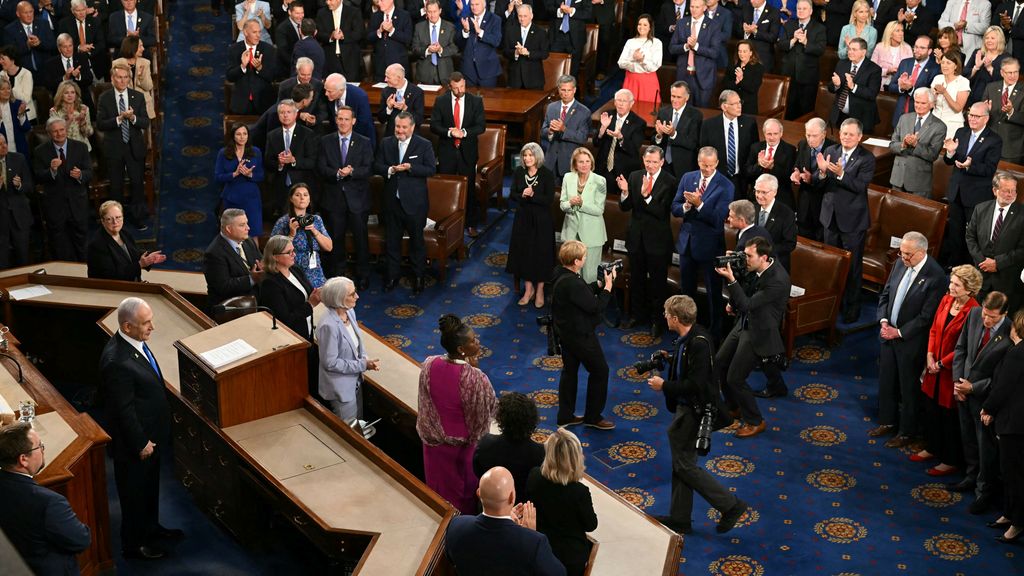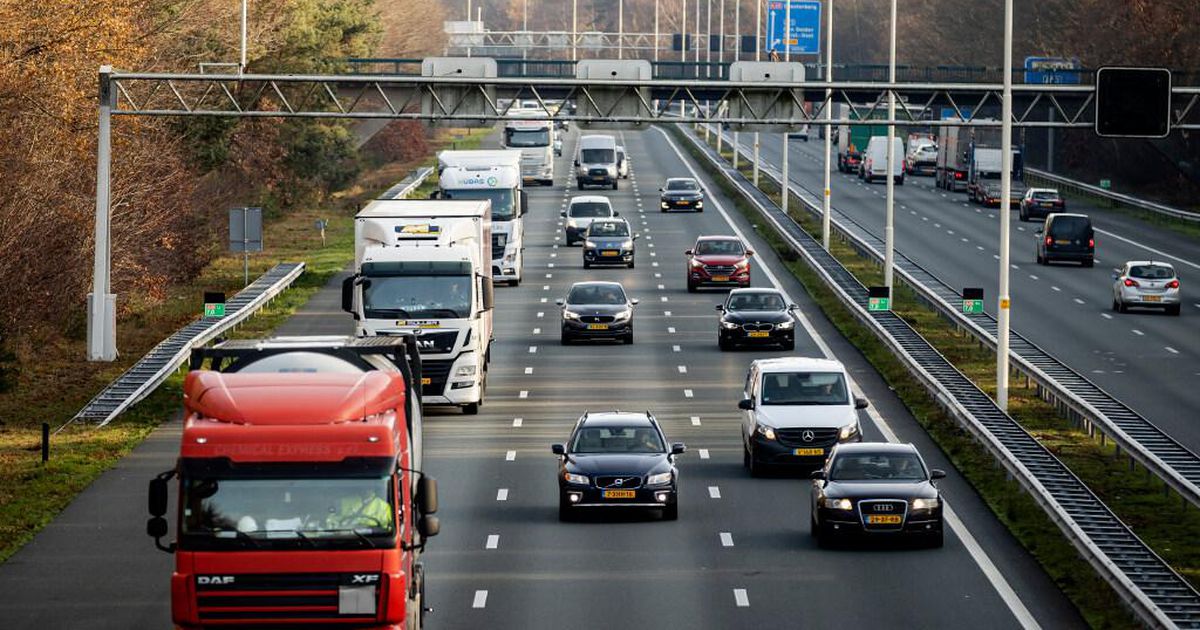Outgoing Minister Barbara Visser (Infrastructure and Water Department) believes that the introduction of “truck fees” will make trucks more sustainable. The intent is to transfer the net proceeds (around €250 million per year) from the government’s HGVC to the sector in order to “spur sustainability and innovation”. Each truck will need to have equipment on board that records the kilometers traveled.
With the introduction of the truck tax, the heavy car tax (Eurovignette) will disappear in the Netherlands and the car tax on trucks will be reduced to almost the European minimum. “These measures focus on electric trucks, the use of renewable fuels, and the reduction of transportation kilometers,” Visser says. However, Visser warns that the costs of introducing the tax will be “significantly higher by about 400 million euros”.
The State Council examined the plans and saw significant risks. In addition to criticizing the high implementation costs, the consultants wrote that “it is possible to envisage alternatives that might be less harmful or costly”. “It does not appear from the social cost-benefit analysis that policy tools or other variables have been taken into account.”
There is also a risk of “money being spent inefficiently, because the recycling procedure is not supported by a concrete investment need”. The plan had been ready for some time, but was put on hold. But the House of Representatives wants to be able to consider the law, despite the fact that the Cabinet is a caretaker.







